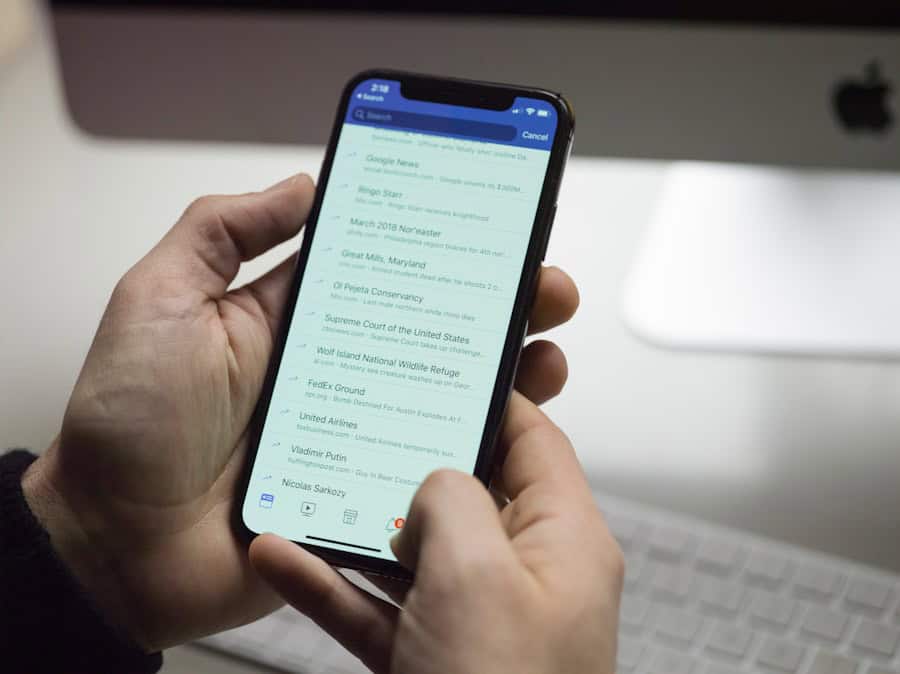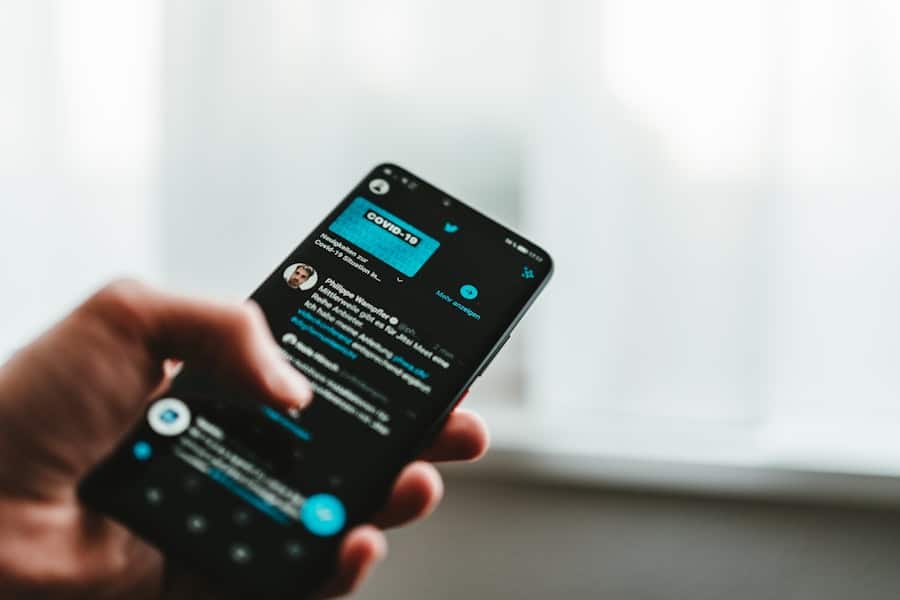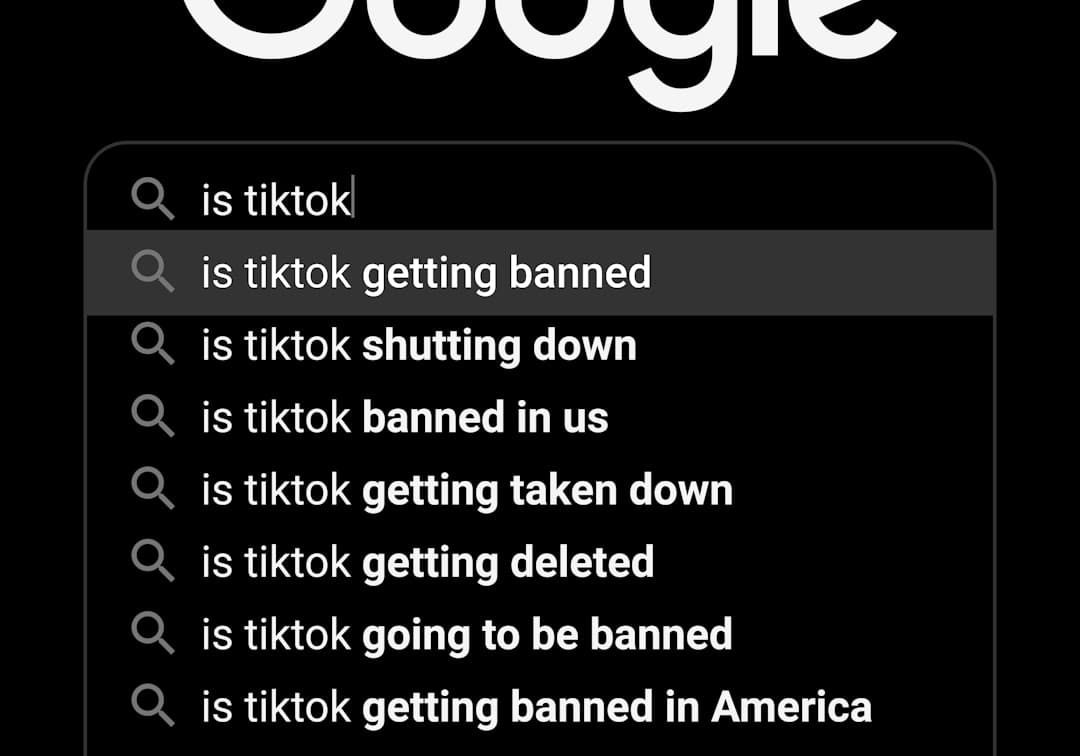The advent of on-demand healthcare apps marks a significant transformation in the way medical services are delivered and accessed. Over the past decade, the proliferation of smartphones and mobile technology has paved the way for innovative solutions that cater to the needs of patients seeking immediate care. These applications have emerged as a response to the growing demand for more efficient healthcare delivery systems, particularly in an era where time is of the essence.
The COVID-19 pandemic further accelerated this trend, as individuals sought alternatives to traditional in-person visits, prompting healthcare providers to adapt quickly to digital platforms. On-demand healthcare apps encompass a wide range of services, from telemedicine consultations to prescription management and health tracking. They empower patients by providing them with tools to manage their health proactively.
For instance, apps like Zocdoc and HealthTap allow users to book appointments with healthcare professionals at their convenience, eliminating the need for lengthy phone calls or waiting periods. This shift not only enhances patient satisfaction but also streamlines the administrative processes within healthcare facilities, allowing providers to focus more on patient care rather than logistical challenges.
Key Takeaways
- On-demand healthcare apps are revolutionizing the way patients access medical services, making it easier and more convenient to receive care.
- Patients benefit from increased accessibility to healthcare services, allowing them to schedule appointments, consult with doctors, and access medical advice from the comfort of their own homes.
- Telemedicine and virtual consultations are becoming increasingly popular, providing patients with the opportunity to connect with healthcare professionals remotely.
- Remote monitoring and health tracking tools enable patients to monitor their health conditions and share real-time data with their healthcare providers for better management of chronic illnesses.
- Medication delivery and prescription refills through on-demand healthcare apps offer patients a convenient way to access their medications and manage their prescriptions.
Convenience and Accessibility for Patients
One of the most significant advantages of on-demand healthcare apps is the unparalleled convenience they offer to patients. In a world where busy schedules often clash with the need for medical attention, these applications provide a solution that fits seamlessly into daily life. Patients can access healthcare services from the comfort of their homes, reducing the need for travel and minimizing exposure to potential health risks in waiting rooms.
This convenience is particularly beneficial for individuals with mobility issues, those living in remote areas, or anyone juggling multiple responsibilities. Moreover, on-demand healthcare apps enhance accessibility by breaking down geographical barriers. Patients no longer need to be confined to local providers; they can connect with specialists from around the world.
This is especially crucial for individuals seeking niche expertise or those who may not have access to certain medical services in their vicinity. The ability to consult with a healthcare professional at any time, regardless of location, empowers patients to take charge of their health and make informed decisions about their care.
Telemedicine and Virtual Consultations

Telemedicine has become a cornerstone of on-demand healthcare, revolutionizing how patients interact with healthcare providers. Virtual consultations allow patients to receive medical advice and treatment without the need for physical appointments. This modality has proven particularly effective for non-emergency situations, such as follow-up visits, routine check-ups, and minor ailments.
By utilizing video conferencing technology, healthcare professionals can assess symptoms, provide diagnoses, and recommend treatment plans in real-time. The benefits of telemedicine extend beyond mere convenience; they also contribute to improved health outcomes. Studies have shown that patients who engage in virtual consultations are more likely to adhere to treatment plans and follow up on necessary care.
The immediacy of telemedicine encourages patients to seek help sooner rather than later, potentially preventing complications that could arise from delayed treatment. Furthermore, telemedicine reduces the burden on emergency rooms and urgent care facilities, allowing them to focus on more critical cases while ensuring that patients receive timely care for less severe conditions.
Remote Monitoring and Health Tracking
Remote monitoring technologies have gained traction alongside on-demand healthcare apps, enabling patients to track their health metrics in real-time. Wearable devices such as smartwatches and fitness trackers collect data on vital signs, physical activity, sleep patterns, and more. This information can be seamlessly integrated into healthcare apps, allowing both patients and providers to monitor health trends over time.
For instance, individuals with chronic conditions like diabetes or hypertension can benefit from continuous monitoring, which helps in managing their conditions more effectively. The integration of remote monitoring into on-demand healthcare not only enhances patient engagement but also fosters a collaborative approach to health management. Healthcare providers can access real-time data, enabling them to make informed decisions about treatment adjustments or interventions.
Additionally, remote monitoring reduces the need for frequent in-person visits, saving time and resources for both patients and healthcare systems.
Medication Delivery and Prescription Refills
The convenience of on-demand healthcare extends into medication management through apps that facilitate prescription refills and home delivery services. Patients can easily request refills through their mobile devices without having to visit a pharmacy physically. This feature is particularly beneficial for individuals managing chronic conditions who require ongoing medication.
By streamlining the refill process, these apps help ensure that patients maintain adherence to their prescribed regimens. Moreover, medication delivery services have gained popularity as they eliminate barriers associated with obtaining prescriptions. Patients can receive their medications directly at home, which is especially advantageous for those with mobility challenges or those living in rural areas where pharmacies may be scarce.
Some apps even offer reminders for medication intake, further supporting adherence and promoting better health outcomes.
Mental Health Support and Therapy Services

The rise of on-demand healthcare apps has also significantly impacted mental health support and therapy services. With increasing awareness surrounding mental health issues, many individuals are seeking accessible and stigma-free avenues for support. On-demand mental health apps provide users with immediate access to licensed therapists and counselors through virtual sessions or chat-based platforms.
This accessibility allows individuals to seek help at their own pace and comfort level. Additionally, these platforms often offer a variety of resources such as guided meditations, self-help tools, and educational materials that empower users to manage their mental well-being proactively. The flexibility of scheduling appointments at convenient times further reduces barriers that may prevent individuals from seeking help.
As mental health continues to gain recognition as a critical component of overall health, on-demand services are playing a vital role in making support more accessible and tailored to individual needs.
Home Care and Nursing Services
On-demand healthcare apps are also transforming home care and nursing services by connecting patients with qualified caregivers in real-time. For individuals recovering from surgery or managing chronic illnesses at home, access to skilled nursing care can be crucial for recovery and quality of life. These platforms allow patients or their families to request home care services quickly, ensuring that they receive the necessary support without delay.
The ability to choose caregivers based on specific needs—such as language preferences or specialized training—enhances the personalization of care provided at home. Furthermore, these apps often include features that allow family members to monitor care schedules and communicate with caregivers directly. This transparency fosters trust and collaboration among all parties involved in a patient’s care journey.
As the demand for home-based services continues to rise, on-demand healthcare technology is poised to play an increasingly important role in delivering high-quality care outside traditional clinical settings.
The Future of On-Demand Healthcare Technology
Looking ahead, the future of on-demand healthcare technology appears promising as advancements continue to reshape the landscape of medical services. Innovations such as artificial intelligence (AI) and machine learning are expected to play a pivotal role in enhancing diagnostic accuracy and personalizing treatment plans based on individual patient data. AI-driven algorithms can analyze vast amounts of health information quickly, providing insights that can lead to more effective interventions.
Moreover, as telehealth becomes more integrated into mainstream healthcare practices, regulatory frameworks will likely evolve to support its expansion further. Policymakers are beginning to recognize the importance of telemedicine in improving access to care and reducing costs associated with traditional healthcare delivery models. As reimbursement policies adapt to include virtual services more comprehensively, we can expect an increase in provider participation in telehealth initiatives.
In addition, the integration of blockchain technology may enhance data security and patient privacy within on-demand healthcare apps. By creating secure digital records that patients control, blockchain could address concerns related to data breaches while fostering trust between patients and providers. As we move forward into this new era of healthcare delivery, it is clear that on-demand healthcare apps will continue to evolve in response to patient needs and technological advancements.
The potential for improved health outcomes through increased accessibility, convenience, and personalized care is immense, making this an exciting time for both patients and providers alike.
A related article to How Smartphone Apps Are Enabling On-Demand Healthcare Services is “The Best Software for Small Business in 2023” which discusses the importance of utilizing technology to streamline operations and improve efficiency in small businesses. This article highlights the various software options available to help small businesses succeed in a competitive market. To learn more about the best software for small businesses in 2023, check out the article

